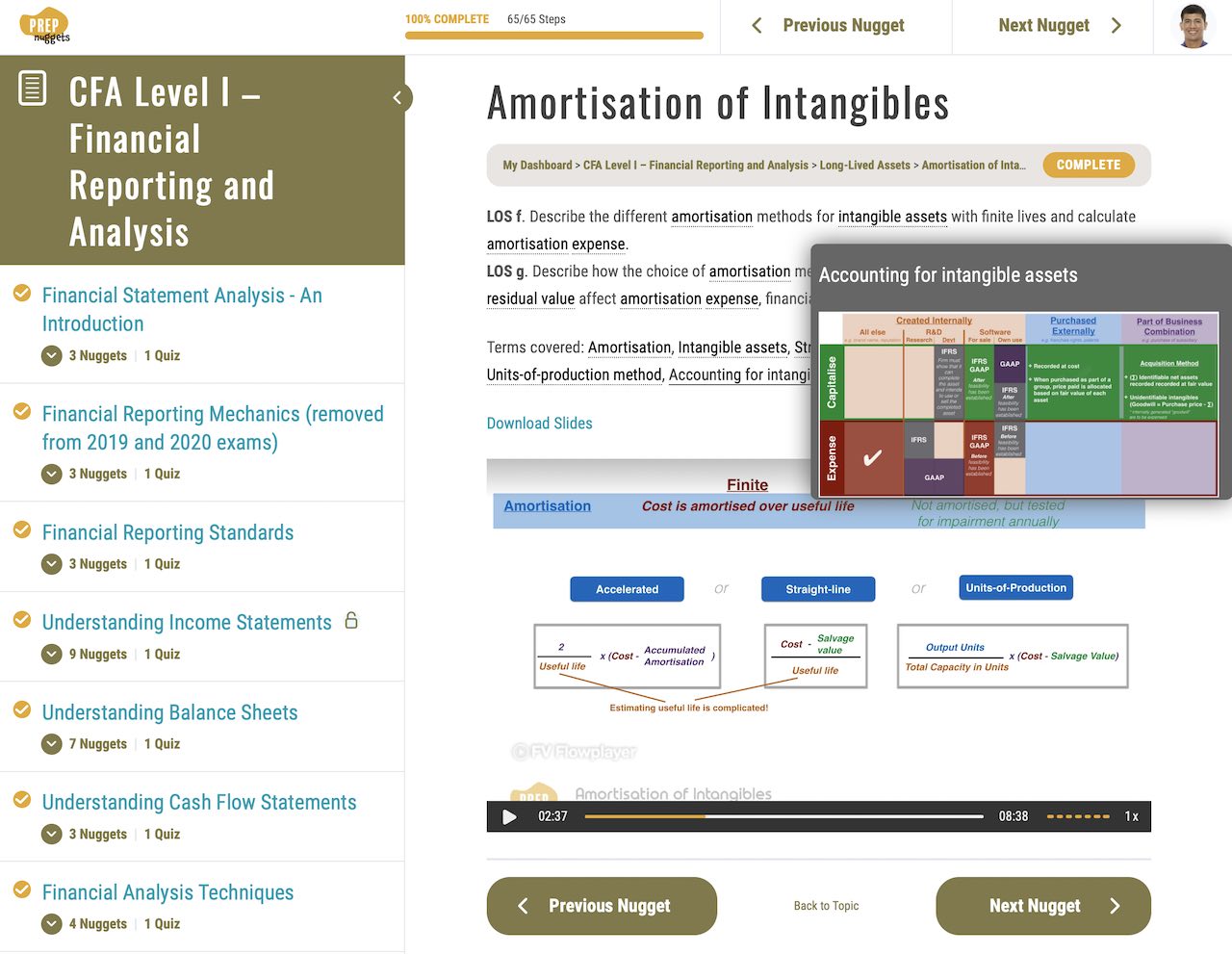Introduction to Geopolitics and Globalisation | CFA Level I Economics
In this short introduction, we’ll explore different geopolitical actors and their interactions, and the relationship between geopolitics and globalisation.
Geopolitical Interactions and Globalisation
Geopolitics is the study of the interactions among nations and their citizens and organisations. It involves the interplay between state actors (national governments) and non-state actors (corporations, NGOs, and powerful individuals).
State Actors: Cooperation and Competition

State actors determine relations between countries, which can be cooperative or competitive in nature. A country’s level of cooperation depends on its national interests and priorities. For example, countries may cooperate on:
- Rules standardisation
- Harmonisation of tariffs
- Free movement of goods, services, people, and capital across borders
- Transfer of technology
In contrast, a non-cooperative country may retaliate with inconsistent rules, restricted movement across borders, and limited technology exchange.
Non-State Actors: Seeking Cooperation
Non-state actors often have greater interests in cooperating across borders. They may facilitate the flow of resources by cooperating on standardisation of regulations and processes, like the IFRS for accounting practices.
Cultural Factors and Cooperation
Cultural factors, such as shared language, migration, and institutions, can influence a country’s level of cooperation. Strong and stable institutions make cooperation easier for state and non-state actors.
Globalisation: Benefits and Concerns
Globalisation is the process of worldwide integration of interactions among people, organisations, and companies. It is marked by trade, information exchange, capital flows, and cultural exchange across borders.
Benefits of globalisation include:
- Access to resources and markets
- Increased choice for consumers
- Higher quality goods
- Increased competition among firms
- Higher efficiency
- Labour mobility
- Exchange of knowledge, information, and culture
However, globalisation has its drawbacks, such as:
- Exploitation of lower ESG standards in less developed countries
- Job losses in countries with higher wages and ESG standards
- Income inequality
- Supply chain disruptions
Four Quadrants of Geopolitical Actions
There are four quadrants that describe a country’s behaviour in geopolitics:

- Autarky – Countries seeking self-sufficiency with little external trade or finance.
- Hegemony – Countries open to globalisation, but with the size and scale to influence others without necessarily cooperating.
- Multilateralism – Countries establishing mutually beneficial trade relationships and extensive rules harmonisation with several countries or trading blocs.
- Bilateralism – Countries willing to cooperate on a one-to-one basis with selected countries. Regionalism is an intermediate stage between bilateralism and multilateralism, where a group of countries cooperate with one another.
As the world has shifted towards globalisation, few countries fit the bilateral definition today.
✨ Visual Learning Unleashed! ✨ [Premium]
Elevate your learning with our captivating animation video—exclusive to Premium members! Watch this lesson in much more detail with vivid visuals that enhance understanding and make lessons truly come alive. 🎬
Unlock the power of visual learning—upgrade to Premium and click the link NOW! 🌟







